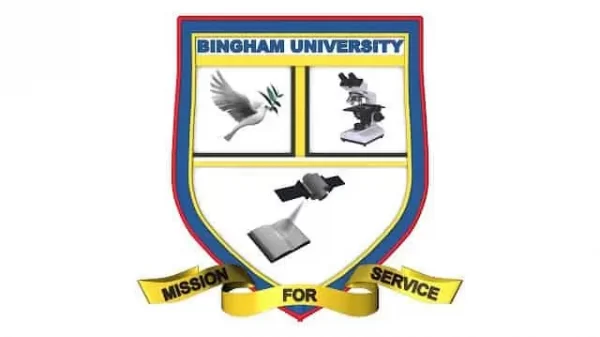Guide to Converting Your HND to a BSc Degree
For Higher National Diploma (HND) graduates, the desire to bridge the gap to a Bachelor of Science (BSc) degree is often driven by professional aspirations and academic pursuits.
The good news is that this transition is not only achievable but also increasingly accessible thanks to various dedicated pathways.
This article outlines the key steps involved in converting your HND to a BSc degree, equipping you with the information necessary to embark on this journey.
The National Board for Technical Education (NBTE) Top-Up Program:
Spearheaded by the NBTE, this one-year top-up program offers HND holders a fast-track route to earning a BSc degree.
This program collaborates with accredited universities and institutions, both local and international, to provide focused coursework specifically designed to complement your existing HND knowledge and skills. Key aspects of the NBTE program include:
-
Eligibility: Possessing a genuine HND certificate from a recognized institution in a field aligned with the program options.
-
Application Process: Completing an online application through the dedicated portal, https://admission.topup.nbte.gov.ng.
-
Program Duration: Typically, the program spans one academic year, with additional semesters possible depending on individual university regulations.
-
Coursework: The program focuses on bridging the gap between your HND and BSc syllabus, with additional emphasis on research and academic writing skills.
-
Admission Fees: A nominal application fee is usually required, often under $100, payable through the portal.
-
Tuition Fees: Tuition fees vary depending on the chosen university and program.
Direct Entry into BSc Programs:
While the NBTE Top-Up program provides a dedicated pathway, some universities allow direct entry of HND graduates into specific BSc programs based on individual evaluations and transcript analysis. This approach may be preferred if your HND aligns closely with a particular BSc curriculum. Consult with individual universities for eligibility criteria and application procedures.
Choosing the right path requires careful consideration beyond the program itself. Factors to assess include:
-
Institution Accreditation: Ensuring the chosen university and program hold relevant accreditation for both the HND and BSc levels.
-
Cost and Financial Aid: Comparing tuition fees and exploring scholarship opportunities to navigate financial aspects.
-
Career Goals: Aligning the chosen BSc degree with your long-term career aspirations.
-
Time Commitment: Balancing the program demands with existing personal and professional commitments.
Frequently Asked Questions:
Is the NBTE Top-Up program recognized internationally?
Yes, the program is recognized by universities and employers worldwide, provided the collaborating institutions hold relevant accreditations.
Can I choose any BSc program after completing my HND?
Program options for direct entry or top-up may be limited depending on the specific field of your HND and the university offerings. Researching available programs is crucial.
Are there scholarships available for HND graduates seeking BSc degrees?
Several scholarship opportunities exist, offered by institutions, government agencies, and private organizations. Actively search for relevant options to ease financial burdens.
Will my HND coursework be credited towards the BSc program?
Some universities may acknowledge and provide credit for relevant HND modules, potentially reducing the total BSc program duration. Assess individual university policies for further details.









